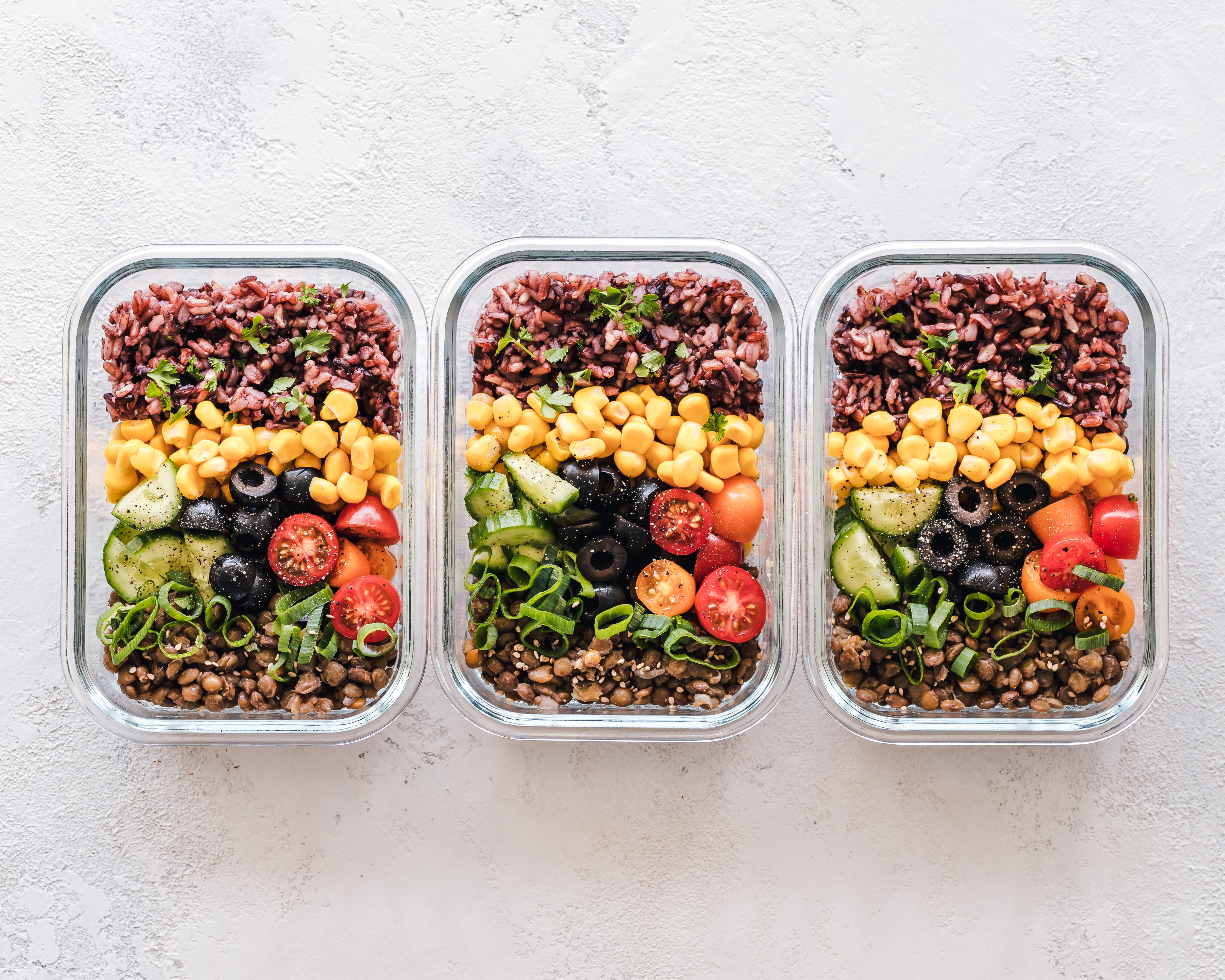Gut health is a hot topic in the health and wellness industry, with an explosion of gut related products like kombucha and probiotics hitting our shelves. But why all the fuss about our gut?
Why worry about gut health:
- It influences our immune function. Around 70% of your immune system is located in your gut. A strong, diverse microbiome helps protect against infection and inflammation.
- A Healthy microbiome helps with digestion and absorption of nutrients. Gut bugs help us breakdown the foods we eat, allowing the nutrients to be absorbed. Some gut bugs even produce their own nutrients that we can then absorb and use (e.g. Vitamin K).
- Poor gut health can lead to increased intestinal permeability (aka ‘leaky gut’). Having a leaky gut means toxins and other substances form our environment that are ingested can pass from our intestines into the blood stream. If you have a healthy gut lining, these substances are simply excreted along with other food waste.
- Certain metabolites produced by our gut flora have been linked with inflammation, certain cancers and cardiovascular/metabolic disease. For example, ’’Trimethylamine N-Oxide’ (TMFAO), is produced by gut bugs that feed off excessive animal proteins and high levels of TMFAO in the blood stream have been linked to heart disease. Short-chain Fattt Acids (SCFAs) like Butyrate are produced by gut bugs that feed off plant-fibres. SCFAs have been shown to reduce inflammation in the body and nourish the lining of intestines, preventing increased permeability.
- Studies have shown people with Irritable Bowel Syndrome, Inflammatory Bowel Disease, metabolic disease, certain cancers, anxiety/depression and neurodegenerative diseases like Alzheimers all have disturbances in their gut microbiome. However at this stage, we don’t which came first (was it the condition or the altered microbiome?).
- Imbalances or overgrowths of certain microbes can lead to digestive discomfort and symptoms of irritable bowel syndrome.
So, what is the number 1 best thing you can do to improve your gut health?
Eat an abundance and diversity of plant foods.
All plant foods contain dietary fibres that feed our gut bugs. But just like humans, each type of gut bug has it’s own food preference! This means, if you want to maintain a healthy and diverse microbiome, you have to eat a wide variety of different plant foods. A great guide is to aim for 30 different plant foods across the week, or at least 3 different coloured veggies on your plate at lunch and dinner. Plant foods includes all veggies, fruits, wholegrains, nuts, seeds and legumes.
Tips to increase your abundance of plant foods
- Aim for half a plate of vegetables at lunch and dinner
- Swap your meat for a plant-protein 1-2 nights per week. For example, swap chicken for tofu in a stir fry.
- Sprinkle nuts and seeds over yoghurt or breakfast cereal
- Go for two pieces of fruit each day
- Add a source of wholegrains to each main meal, For example, add quinoa to a salad
- Use half meat and half plant-protein in a recipe. For example, use 250g beef mince and 250g lentils in bolognese sauce
Tips to increase your diversity of plant foods
- Aim for at least three different coloured vegetables on your plate at lunch and dinner time
- Choose a trail mix with different nuts, seeds and dried fruit for a snack
- Swap your iceberg lettuce for a 4-leaf mix or a dry coleslaw mix in a salad
- Challenge yourself to buy one new plant-food each week and learn to cook this using a recipe
If you’d like to learn more about gut health or are struggling with a gastrointestinal issue like irritable bowel syndrome, get in touch with our team of dietitians who can provide you with personalised advice.
Written by Luca Georgiou, APD






